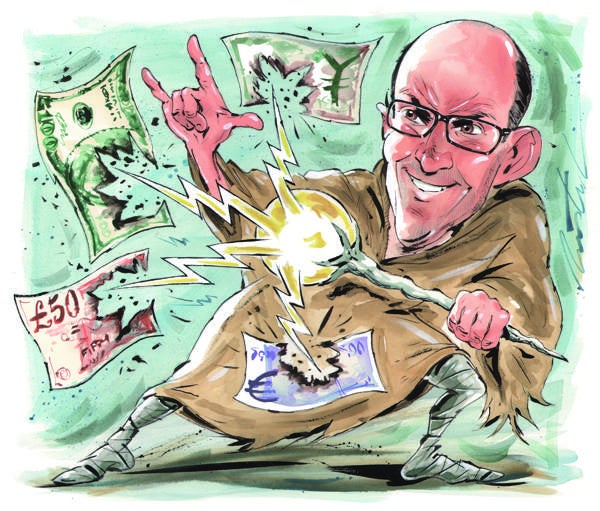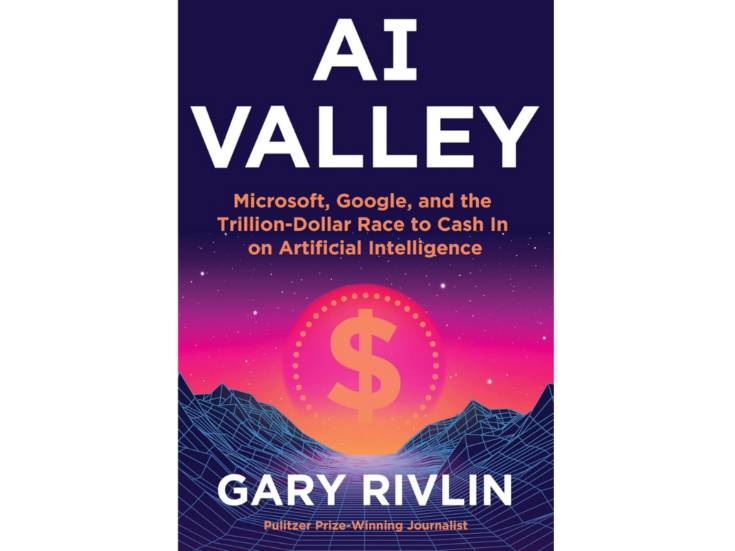
The pipe dream of abolishing paper money is as flawed as prohibition was — and arguably even more dangerous. writes Tim Price.
A narrow band of urban sophisticates wishes to take action against what they perceive as a social ill. The ban comes into force. Far from improving public behaviour, it makes it demonstrably worse. The Eighteenth Amendment to the US Constitution on 16 January 1920 introduced a national ban on the sale, production and transportation of alcohol throughout the USA. The intention of the ‘dry’ movement was to reduce crime and corruption, solve social problems, lower the tax burden caused by prisons and poorhouses, and improve health and hygiene in North America. It failed on every level.
Far from reducing crime and corruption, it boosted both. By 1927 Al Capone was earning $60 million a year from alcohol sales alone. As he conceded, ‘All I do is satisfy a public demand.’
The death rates from poisoned liquor were appalling. 1920 saw 1,064 deaths in the US from tainted alcohol; by 1925 the toll was over 4,000. Humorist Will Rogers quipped: ‘Governments used to murder by the bullet only. Now it’s by the quart.’ The homicide rate rose by 78 per cent. The courts and prison systems were stretched to the limit. More crimes were committed because prohibition destroyed legal jobs while creating black market violence. The dismal experiment finally ended in 1933, when President Roosevelt overturned it. Having signed his amendment into law, he remarked: ‘I think this would be a good time for a beer.’
Kenneth Rogoff, a professor at Harvard and former chief economist of the IMF, does not want to ban alcohol. In his latest book, The Curse of Cash (Princeton University Press, £22.95), he merely wishes to abolish paper money instead. Hell must have some special corner dedicated to the good intentions of economists.
Prohibition was an object lesson in the law of unintended consequences. Would a ban on cash reduce illegal activity? Rogoff suggests that ‘large notes are used far more for illegal activities than legal ones’ but cites precisely no evidence to back up his claim, which he acknowledges is speculative. He does, grudgingly, accept that paper currency is ‘coined liberty’, but is quite content to advocate its abolition regardless. Economic policy wonks are like that. These denizens of academia may be the most dangerous people on the planet.
Getting rid of cash would come at a material cost — to government itself. The US monetary administration, for example, earns 0.40 per cent of GDP each year through seigniorage, its monopoly on the provision of paper money which costs virtually nothing to print yet can be spent at face value. In 2015 it earned just under $70 billion from the practice. Government would then need to provide subsidised basic debit card accounts for low-income individuals and the unbanked, and probably smartphones as well. Never mind, says Rogoff — let the banks pay for them.
This takes us to the dark heart of what a ban on cash is really all about. The compulsory use of purely electronic money would force everybody into a banking system in which negative interest rates could be deployed at will, with no escape possible to bearer currency, and in which government had the power to monitor every single part of our economic lives. One doubts whether even Orwell could have conceived of such a monstrous and intrusive over-reach on the part of the state.
This is a shame, partly because in his earlier This Time Is Different, co-authored with Carmen Reinhart, Rogoff unveiled a definitive history of the problem of sovereign indebtedness. We now know that once government debt to GDP ratios rise above 90 per cent, economic alarm bells ring. But that indebtedness has now spiralled out of control. As McKinsey reminds us, far from deleveraging, world governments have added an additional $57 trillion to the global debt pile since the failure of Lehman Brothers.
The banking system now wrestles with the legacy of the global financial crisis, namely the impact of quantitative easing on financial asset prices, but probably more damagingly, the compression of profit margins consistent with the encouragement of zero and now negative interest rates. Rogoff’s recommendations, which amount to more of the same punishment beatings until morale improves, are unlikely to boost the financial health of the banks any time soon.
The key political debate of our time has moved on. It is no longer about the merits of Left versus Right. It is about whether you believe in Big Government or the smaller State. There can be no prizes for guessing which side Rogoff is on. He is the primary advocate for a distant and unelected ‘policy community’. The requirements for membership? It helps to be a tenured Harvard professor, IMF wonk and a chess grandmaster: an ‘Everyman’ who clearly speaks for the average Joe.
There is now $16 trillion of sovereign debt trading at a negative yield — a financial state of affairs that would have seemed unthinkable in the years before Lehman Brothers and the US housing market imploded. Now we have otherwise credible economists explicitly recommending a deep dive into the dark waters of negative interest rates. Andrew Haldane, chief economist at the Bank of England, had already floated the trial balloon of cash abolition, even as he acknowledged that interest rates had never been lower in 5,000 years of human history. Future historians, one suspects, will not look kindly on the policy pronouncements of our current economic ‘thought leaders’.
A sceptic might ask on what scientific foundations Rogoff’s economic recommendations are built. There are, of course, none, because conventional economics is not a science in any useful or valid sense of the word. A ‘make it up as you go along’ metastasis of economic central planning has taken us to the outer limits of what is either possible or sensible in a fiat currency world, and now threatens to collapse the entire financial system beneath the crushing weight of overconfidence in the purely hypothetical.
Rogoff’s references to history are disturbingly partial. ‘Without paper money, there might have been no German hyperinflation, and perhaps no World War II,’ he declares. Better, and more honest, to make the observation that if World War I had been fought on a sound money basis, it would indeed have been over by Christmas 1914. By prosecuting the war through inflation and abandoning hard money, the combatants ensured the premature deaths of millions of people and irrevocably changed the history of the 20th century. Or one could cite Voltaire in that every unbacked currency ultimately deteriorates to its inherent value: of zero.
Kenneth Rogoff’s book is titled The Curse of Cash. A more accurate if less catchy title would be The Curse of Small-minded, Hubristic Academic Elites, or perhaps Government Doesn’t Know Best. There are 232 pages in this book. To those who believe in personal freedom, every single one of them is an affront.
Tim Price is the author of The War on Cash and Investing through the Looking Glass: A Rational Guide to Irrational Financial Markets







